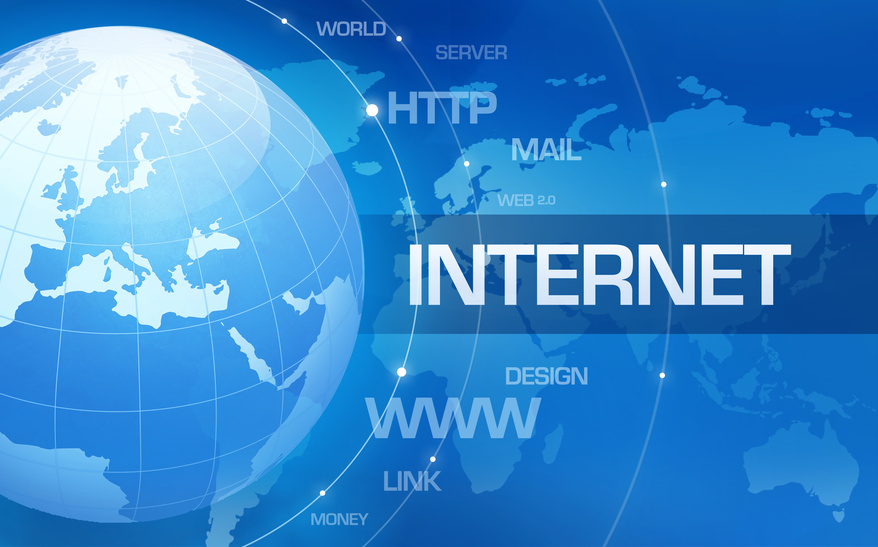UK teenagers are among the world’s most extreme Internet users, a British education policy expert said, calling on social media companies, schools and governments in the country to take their responsibilities to ensure online safety for youngsters.
Natalie Perera, executive director at the London-based Education Policy Institute, said in a recent interview with Xinhua that British young people are spending longer amounts of time on Internet.
Perera also said that nearly a third of British 15 year olds said they first began to use the Internet at the age of six or younger.
Perera joined the Education Policy Institute in 2015 after having worked in the British Department for Education from 2002 to 2014.
The Education Policy Institute aims to “promote high quality education outcomes for all children and young people, regardless of social backgrounds” through an “impartial and evidence-based approach.”
Perera said: “students in the UK are among the highest users of the Internet in developed countries.
“Almost a third of 15 year olds are using the Internet for six hours or longer, and that is a lot higher than the Organisation for Economic Co-operation and Development (OECD) average,” she said.
The only OECD country with higher levels of extreme Internet use than Britain is Chile, she noted.
Extreme Internet users are defined by the OECD as a student who uses the Internet for more than six hours
outside of school on a typical weekend day.
These young people use Facebook, Twitter and YouTube to watch movies, play games, chat or share information.
In Britain, 37.3 per cent of 15 year olds are extreme internet users, substantially higher than the OECD average,
reports said.
She said currently, young people have easier access to Internet as a result of scientific and technological
advancement.
“Increasingly, we know that about 95 percent of young people in the UK are using the Internet, in particularly
social media, either before or after school.”
“They are using it for longer hours per day, they are using it on their mobile phone and I suppose on a computer
at home or at a library.
“The Internet now is much more accessible for young people; they have it at their fingertips.”
“They use it before and after school. And in this country particular, for a long length of time,” she said.
“There are some benefits from using the Internet, we shouldn’t lose sight of that,” Perera said.
For example, she said, young people use the Internet to seek online help like counselling, or to create networks among their friends groups to talk about issues they might not want to talk about in real life.
“Some of the risks associated with the Internet and social media, in particular, are things like online bullying.
“There is a fairly strong link now between the usage of the Internet and young people’s mental health.
“International evidence also finds there is a reduced life satisfaction the more young people use the Internet.
“Online bullying is a relatively new problem, it is not anything that parents have dealt with when they were
children, for example,” she said. (Xinhua/NAN)




 Premier League
Premier League